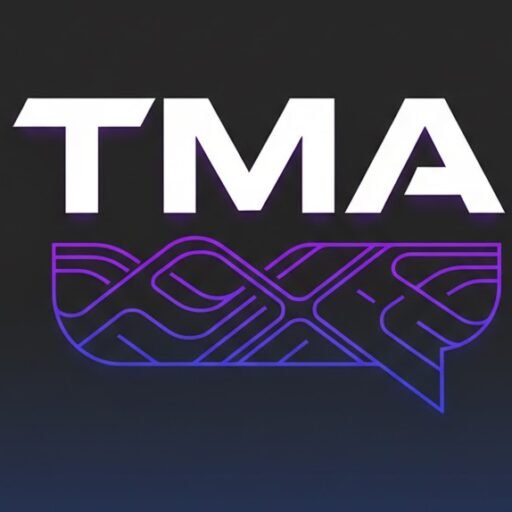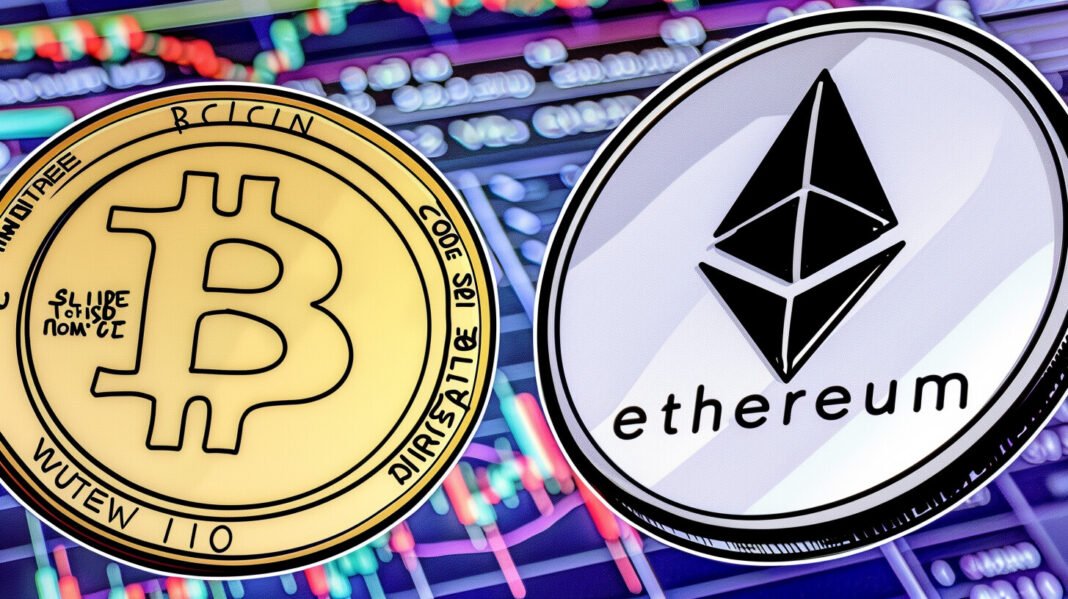Citigroup & Coinbase: Bridging the Divide
The Partnership: Streamlining Crypto-Fiat Transactions
Citigroup and Coinbase are joining forces to tackle a critical pain point for institutional investors: the friction inherent in converting between crypto and traditional currencies. This collaboration aims to provide Citi’s corporate clients with a seamless, efficient solution for managing their digital asset holdings, facilitating faster and more accessible transactions.
The initial focus will be on simplifying crypto-to-fiat and fiat-to-crypto conversions, particularly for cross-border payments. This initiative directly addresses the long-standing challenge of interoperability between the traditional financial system and the emerging digital asset landscape. In 2025, where regulatory clarity around stablecoins and digital assets is slowly solidifying, this partnership is particularly crucial.
Driving Forces: Programmability and Efficiency
Debopama Sen, head of payments for Citi Services, highlights the growing demand for payment systems that offer programmability, conditional payments, and improved cost-effectiveness. Clients are seeking solutions that surpass the limitations of traditional transaction models, demanding systems that operate 24/7 with enhanced flexibility. We’re seeing that now, as Citi are exploring solutions to enable on-chain stablecoin payments for its clients.
This demand is a key driver behind Citi’s embrace of blockchain technology. By integrating stablecoins into its payment infrastructure, Citi aims to offer clients faster, cheaper, and more efficient transaction capabilities. This move aligns with the broader trend of financial institutions recognizing the transformative potential of blockchain for streamlining global financial networks.
The Stablecoin Revolution: A $1 Trillion Market?
Citi’s “Future of Finance” team, headed by Ronit Ghose, predicts that the global stablecoin market could surge to over $1 trillion within the next few years, a significant leap from its current value of around $300 billion. This projection underscores the growing acceptance and utility of stablecoins as a cornerstone of digital finance.
Stablecoins offer a compelling combination of digital payment efficiency and the relative stability of fiat currencies, making them increasingly attractive for corporate transactions and settlements. As regulatory frameworks surrounding stablecoins continue to evolve in 2025, their adoption by mainstream financial institutions is expected to accelerate, further fuelling market growth.
Coinbase’s Role: Institutional Infrastructure Leader
Coinbase, a leading digital asset exchange, brings a wealth of infrastructure and expertise to the partnership. With over 250 banks and financial institutions already leveraging Coinbase’s services, the company has established itself as a key player in the institutional crypto space.
Brian Foster, Coinbase’s global head of crypto-as-a-service, notes the growing demand from traditional financial institutions for a range of crypto-related services, including spot and derivatives trading, custody, staking, and payments. This reflects a broader shift towards institutional adoption of digital assets, driven by increasing interest in stablecoins, crypto ETFs, and tokenised assets.
Beyond Experimentation: Real-World Adoption
Citi’s Blockchain Initiatives: Tokenised Deposits
This partnership with Coinbase follows Citi’s earlier launch of a blockchain platform that enables institutional clients to move tokenised deposits around the clock within the bank’s internal network. This system provides clients with real-time settlement capabilities, significantly reducing the delays and costs associated with traditional payment systems like ACH and wire transfers.
This initiative showcases Citi’s commitment to leveraging blockchain technology to enhance its existing infrastructure and offer clients innovative solutions. By tokenising deposits, Citi is paving the way for more efficient and transparent payment processes, ultimately benefiting its corporate clients.
Implications for the Future of Finance
The Citigroup-Coinbase collaboration represents a significant step towards the mainstream adoption of blockchain technology in finance. By bridging the gap between traditional banking and digital assets, this partnership is helping to create a more integrated and efficient financial ecosystem.
As other financial institutions follow suit, we can expect to see further innovation in the digital asset space, leading to new opportunities for businesses and investors alike. The future of finance is undoubtedly digital, and collaborations like this are paving the way for a more decentralised, accessible, and efficient financial system.
This venture signals a move beyond tentative exploration towards practical implementation. For the crypto-curious, it is another step toward the inevitable presence of digital assets in the global financial system.






